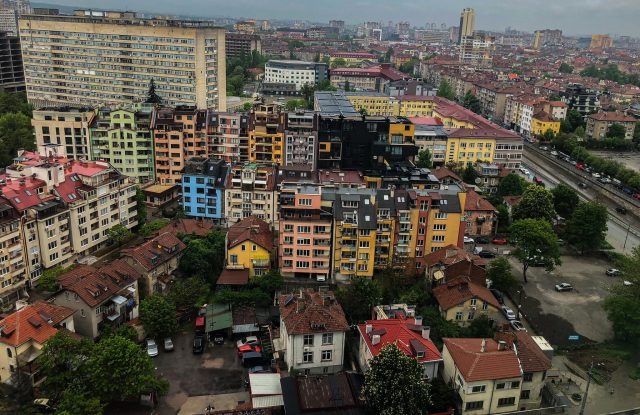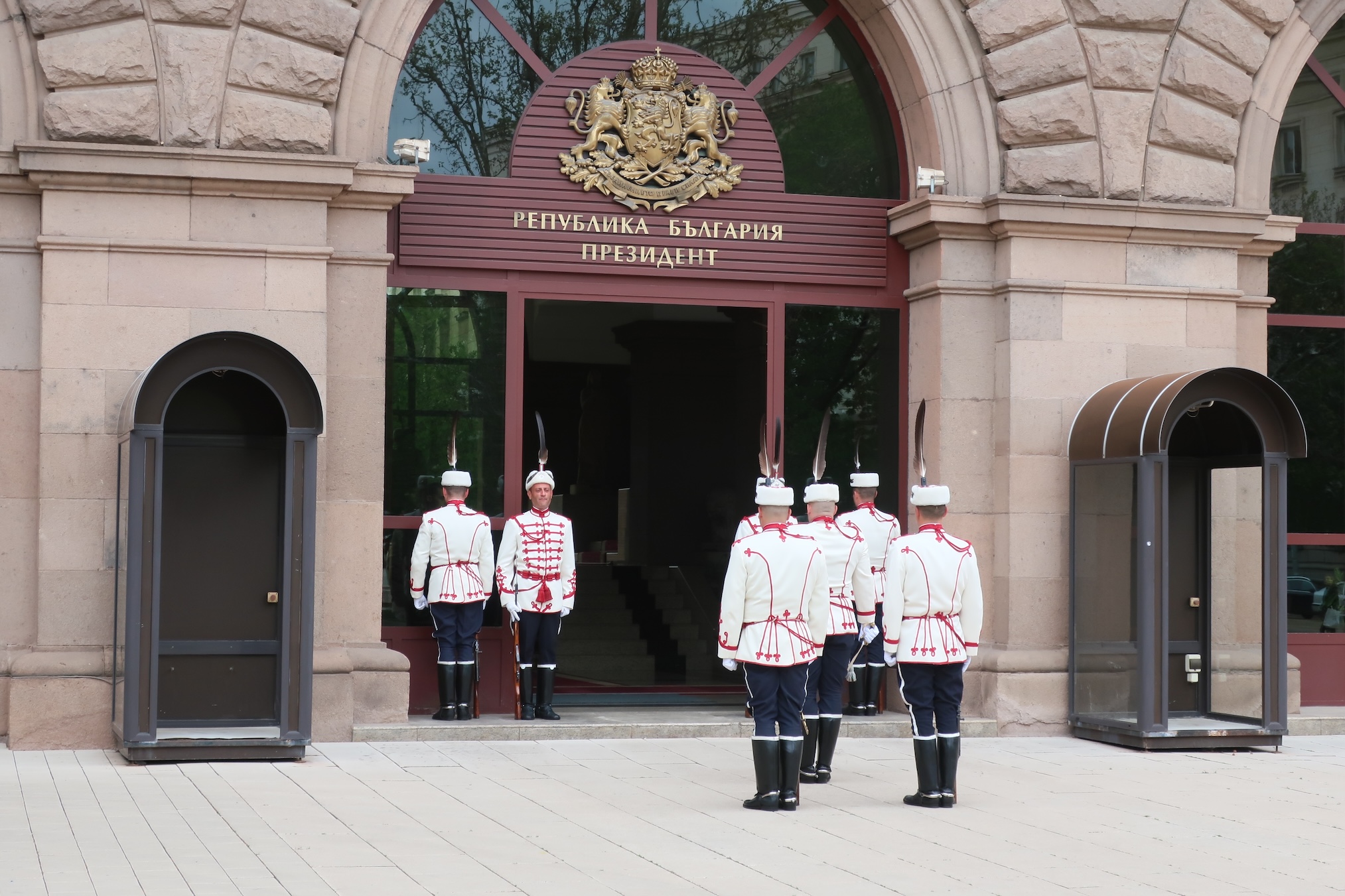
Bulgaria is heading for its sixth round of early elections in three years. The country has been in political instability since anti-government protests in 2020, which ended a year later with the resignation of the centre-right government led by Boiko Borisov. From then until now, Bulgaria has experienced fragile governing coalitions and caretaker governments, for whom managing the energy crisis following the Russian Federation’s invasion of Ukraine has been an even more difficult task than for governments in neighbouring states. In this context, meeting the goal of joining the eurozone in 2024, as planned, has been postponed and it looks difficult for the poorest and most corrupt country in the European Union to meet a possible new deadline in 2025. On the other hand, instability in Sofia is leading to growing public sympathy for pro-Russian and anti-Western populist parties. In fact, second-term President Rumen Radev himself exercised his veto against the agreement ratified by parliament to send 100 armoured vehicles to support Kiev.
Euro Parliamentary elections merged with the election of the new National Assembly
Bulgarian President Rumen Radev announced on the 5th of April that the European parliamentary elections will be combined with early elections to elect a new National Assembly, the country’s unicameral legislature. Radev was forced to dissolve the old parliament after the former ruling coalition – represented by the pro-Western PP-DB bloc of the Continuing Change (PP) and Democratic Bulgaria (DB) parties and former prime minister Boris Boykov’s centre-right Citizens for European Development (GERB) party – split over disputes over the governmental rotation. Slavi Trifonov’s anti-establishment party, There Are and Such People (ITN) – which managed to enter parliament after being left unrepresented in the previous election – has also refused to form a government, preferring early elections, which it hopes will bring it a definitive victory this time amid growing sympathy for the right-wing movement it represents, not just in Bulgaria but across Europe.
In 2021, the term elections were won by GERB, the pro-western, centre-right political party of former Prime Minister Boris Boykov, and the second place went to the new party of singer Slavi Trifonov. But neither political party won enough votes to govern alone, nor was able to build a coalition around itself to take power. After three failed attempts to form a government, the president called early elections in July 2021. These were won by Slavi Trifonov’s young party, the result representing the end of GERB’s dominance over the past decade, and also opened the chapter of chaos that has ensued from then until now. Trifonov’s political party, which won the election by a narrow margin over GERB – 24.08% to 23.51% – failed to form a government, as none of the political parties it invited to power wanted to enter into coalition with it. From the 3rd of April 2021 to the 13th of December 2021, for 254 days, the country south of the Danube had no elected government, operating with an interim executive. It took a third round of early elections – coupled with presidential elections in November 2021 – for Sofia to install a government.

It was not very stable either, being supported by a four-party coalition formed after a long and arduous negotiation process, at whose table sat four parties of different political orientations and programmes: Trifonov’s anti-system, right-wing party, the centre-right Continuing the Change, the conservative-liberals of Democratic Bulgaria and the Socialists – who backed Rumen Radev, who ran for a second term as an independent. The November elections were won by another newly formed party, Continuing Change – PP – led by two technocratic ministers with degrees from Western universities, Kiril Petkov and Asen Vasilev, the former now prime minister, the latter finance minister. The last PP prime minister after the early elections in 2022, Nikolai Denkov, is also in the same category, considered one of Bulgaria’s most important scholars, also educated at Western universities.
The fourth round of elections for the National Assembly in Sofia took place in October 2022, after President Rumen Radev dissolved the legislature on the 1st of August following the fall of PP co-founder Kiril Petkov’s government, installed just half a year earlier. The fall of the Petkov government – which was brought about by a no-confidence motion – was also helped by the earlier exit of the populist ITN from government. In the October 2022 elections, only 35% of Bulgarians eligible to vote turned out and the vote was split between seven parties, which managed to pass the 4% threshold to enter parliament. This led to new and difficult discussions on the formation of the executive. The top two places went to GERB and Bulgaria’s ethnic Turkish party, neither of which managed to give the country a government and bring stability. This led to the fifth round of early elections in April 2023, won by PP-DB, which ended with the coalition formed with GERB, a deal that was supposed to work by alternating a representative of the former with a representative of the latter every nine months as prime minister.
Nikolai Denkov resigned as prime minister to give way to Maryia Gabriel, a former EU commissioner and foreign minister in his cabinet, under the deal. However, after arguments between the coalition partners over the original protocol signed by the leaders of the two political parties, GERB did not take over the premiership from PP-DB. And after Trifonov – the next to be invited by the president to form a government – declined the offer, it was the sixth round of early elections. Meanwhile, GERB’s interim prime minister, Dimităr Glavcev, a former chairman of the Court of Accounts, is working to form a cabinet to run the country until after the 9th of June. When announcing the 2-in-1 elections, Bulgarian President Rumen Radev expressed hope that this would increase turnout and save the state money.
Bulgaria in political crisis for over 5 years
Bulgaria’s latest political and economic crisis period began with the anti-government protests of 2020, or more precisely, the episode of the huge cyber attack in 2019, in which the personal data of millions of Bulgarians was stolen. According to Bulgarian officials involved in the investigation, the cyber attack was aimed at creating a climate of social instability and distrust in the Bulgarian political system. Social tensions culminated in the anti-government protests that broke out in June 2020, the epicentre of which was in Sofia and lasted for several weeks. The rise of Rumen Radev, a former career officer, and his winning not only his second term as president but also growing popularity, especially as the Bulgarian head of state has more of a decorative role under the constitution, with power resting with the prime minister, has occurred against this background of distrust in the government and the political system it runs. It cannot be ignored that Radev used his veto on the agreement signed by the government with Kiev on sending armour for the Ukrainian army, coming into conflict with Prime Minister Denkov. At the time, Radev argued that the 100 armoured vehicles promised to Ukraine could be better used to defend Bulgaria’s borders or to intervene in natural disasters in hard-to-reach areas.
Political instability has led to the postponement of euro area membership
All in all, political turmoil has already delayed Bulgaria’s accession to the eurozone and is posing major obstacles to the absorption of European funds under the Recovery and Resilience Plan. In addition to the political problems, the country is facing serious economic difficulties, with its economy at 64% of the European level and a widening gap between productivity and living standards, according to analysts. The war in Ukraine and the European energy crisis have also altered plans to meet the inflation target. Thus Bulgaria’s ambition to join the eurozone even in 2025 seems unrealistic at the moment. No country with a minimum income per capita of less than €500 – such as Bulgaria – has been accepted into this ‘club’.
In fact, some Bulgarians, supporters of the far-right Renaissance party, do not even want to join the euro. The party – which strengthened its 2021 electorate with anti-vaccination rhetoric and was the surprise third-place finisher in the 2022 election – at one point proposed holding a referendum on the issue. It is not only the extremists of the Renaissance who have tried to push anti-Western themes into the public debate in a context where Bulgaria has been practically in a permanent election campaign for three years. The socialists – who supported Ramen for president in 2017 and 2021 – have also been trying to collect signatures for a referendum against “gender ideology”. Last but not least, there are such people, who seem to have remained the last supporters of President Ramen, who tried to convince Bulgarians to demand that the country become a presidential republic, also through a referendum.
Photo by Eugen Olariu



 Subscribe
Subscribe